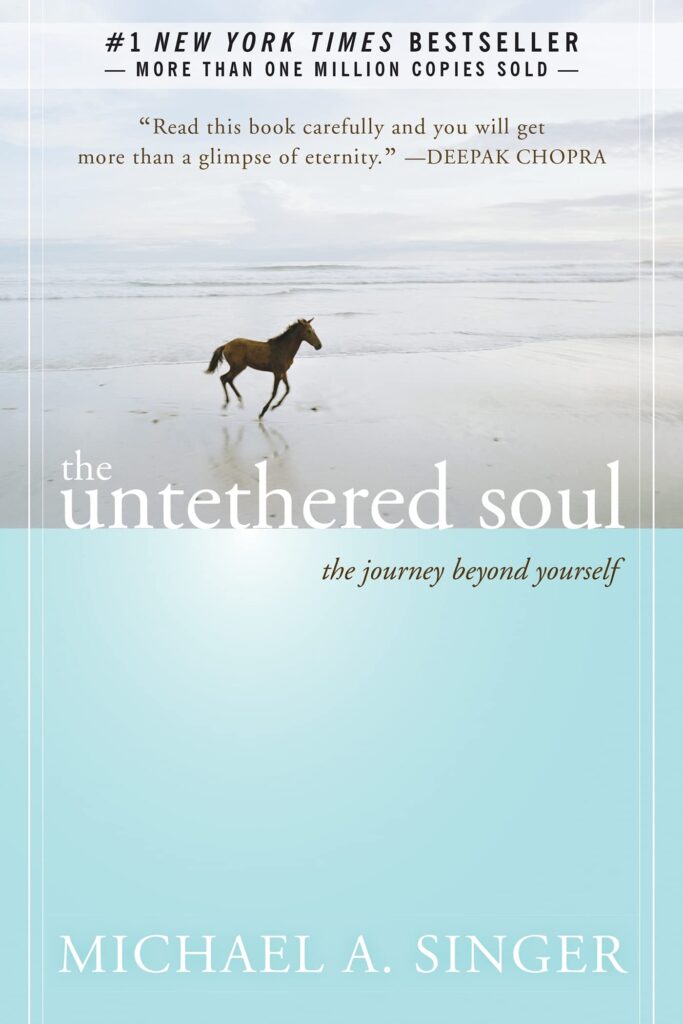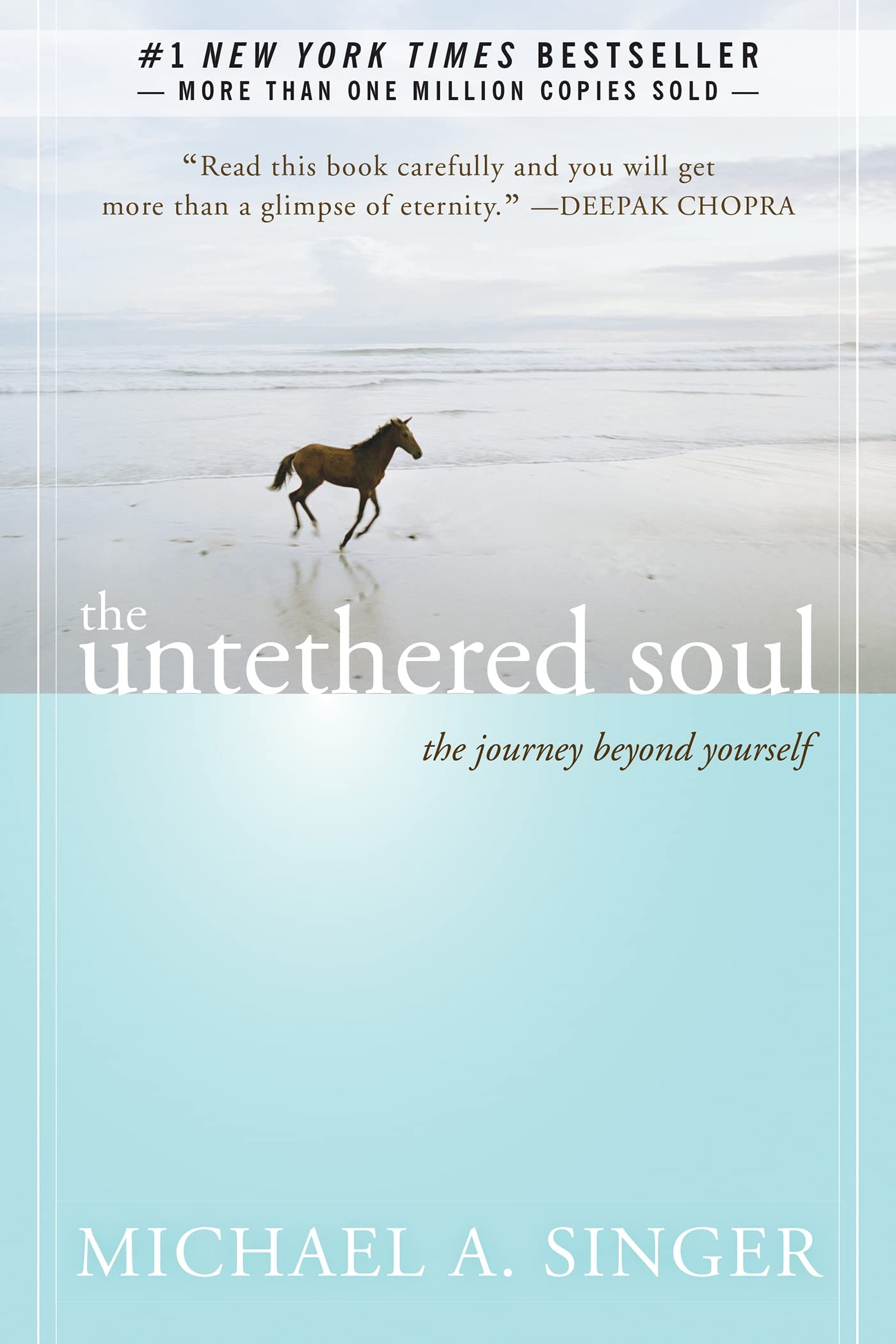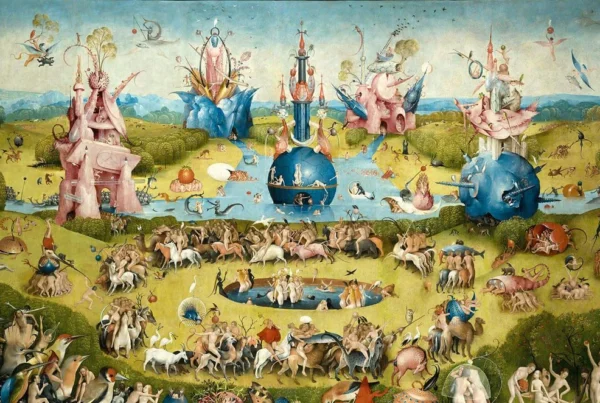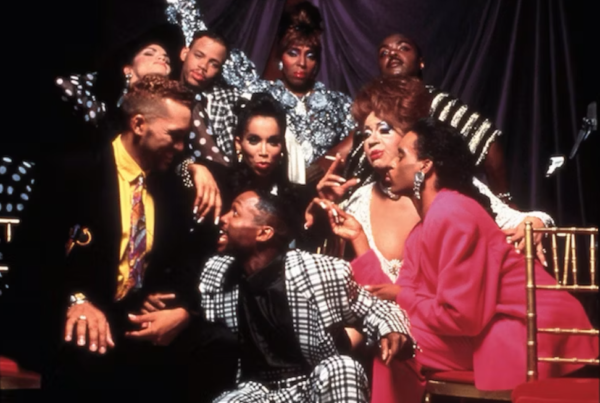
If you often find yourself overthinking experiences, over-analysing relationships, questioning inner thoughts, actions, and reactions, you may then embody the epitome of heightened self-awareness. Time and again you have made the conscious effort to confront your emotions, and in doing so attempted to control the uncontrollable aspects of your life, perhaps living in constant discontent due to the overwhelming inner voices that never cease.
Emotions come to dictate your behaviour in every interaction causing social spaces to become burdening on your mental state. To an extent, hyper self-awareness becomes counterproductive towards individual growth — rather than feeling that you have tapped into a deeper part of yourself, overthinking becomes all consuming, even leading to feelings of disillusionment within yourself. That is the burden of the overthinker: an endless cycle of thoughts that ultimately fail to provide clarity or peace of mind for the individual. It can feel entrapping knowing that you cannot escape your mind — every attempt to quiet that inner voice only aids it in further spiralling.
In trying to understand everyone around you, you lose yourself. This effort to grasp why people act the way they do or how your action impacts their reaction takes a toll on the soul. The constant need to control situations outside yourself becomes all-consuming and in hoping to make sense of them, you have only further distanced yourself from achieving inner tranquillity. The only true realisation to be had from seeking to influence situations that go beyond yourself is that the outcome shows just how little control you have. While it is an asset to have such awareness of the mind and the many thoughts that pass by, this is not enough as the mind requires nurturing to overcome spiralling thoughts that often lead to anxiety and self-doubt.
If you feel you are, or have ever been, in a place where you wanted to better understand yourself and move beyond the overwhelming feeling of being pulled into the webs of emotional entanglement, it is worth giving a chance to Michael A. Singer’s book, The Untethered Soul: The Journey Beyond Yourself. The book is a testament to the ability of transcending the self in order to hone in on emotional chaos, all in the service of freeing yourself from disturbing energy patterns. This book demonstrates the value of self-help books thanks to the application of easy-to-follow language which allows the individual to truly retain the lessons offered through the chapters. The focus will be on addressing key ideas pertaining to “who you think you are” and the ways in which you can transcend the normative concept of the self by surrendering control.
From the start, the book raises the question of “who you think you are”. According to Singer: “You think, ‘I am of a certain age and I believe in one philosophy versus another. You literally define yourself based on what you believe: ‘I believe in God or I don’t believe in God. I believe in peace and nonviolence, or I believe in survival of the fittest. I believe in capitalism, or I believe in neo-socialism.’ You take a set of thoughts in the mind and you hold onto them. You make a highly complex relational structure out of them, and then present that package as who you are. But it is not who you are. It is just the thoughts you have pulled around yourself in an attempt to define yourself. You do this because you are lost inside.”
Ultimately, the book highlights that your self-concept is composed of the thoughts you direct towards yourself. Singer illustrates this by emphasising that many of us are no longer in imminent danger of lacking food, water, clothing, shelter, or being in the position of facing life-threatening physical danger. As a result, the protective energies that were once used as a source of preserving our physiological needs have now transferred to protecting our self-concepts rather than our bodies. Therefore, the struggle has become within ourselves, namely our fears, insecurities, and destructive behaviour patterns. The first step to overcoming obsessive overthinking that creates unnecessary internal insecurities is the willingness to realise that “the need to protect yourself is where the entire personality comes from. It was built as a mental and emotional structure to get away from that sense of fear.” Confronting the psyche allows you to take a step back and watch the way your emotional state responds to outside experiences. By doing this you will see that the need to protect yourself from the outside world is done by means of bringing it under control.
Rather than succumbing to your thoughts, it is necessary to take a step back and redefine the outside world inside yourself so that contentment within becomes the objective. This obsessive pattern of constantly trying to control every situation and emotion becomes part of an exhausting pattern. In assuming that you are expected to unlock the door to life as if there is a key waiting to be found, you begin to question why we need the events of life to be a certain way or why we need to make sense of them. Hopefully this encourages you to question why we decided that events need to be categorised depending on the emotions they elicit. A shift in mindset can allow you to see that the events we associate with negative thoughts and emotional responses causes a constant need to seek solutions to alleviate suffering embodied by thoughts.
At the root of all this lies the realisation that you must stop expecting the mind to resolve the issues within you — it is accepting that your mind is not to blame, but, in fact, is innocent. In essence the mind is simply a tool, “much like a computer.” It can be used for many reasons from deep contemplation to solving complex problems, ultimately contributing to human development. However, in your “lost state”, you instructed it to seek external solutions for your very personal inner problems. In doing so it is you who are attempting to use the analytical mind to “protect yourself” from the way life naturally unfolds. Rather than living life you begin to live in your mind. Overcoming this requires giving attention to the subject-object relationship.
This is the process of surrendering control and accepting that peace within can only come as a result of loosening the reins over the struggle you face in constantly attempting to dominate the outside world in hopes of solving your inner problems. Considering the subject-object relationship, the subject is known as ‘the witness’ “because it is the one who has the ability to observe what’s happening. The object is what you are seeing, in this case the inner disturbance.” Attempting to change things outside yourself in the aim of achieving inner peace will only lead to an endless cycle where there is always the next problem.
The solution lies in embodying witness consciousness, “completely changing your frame of reference.” This involves a shift from ‘outer solution consciousness’ to ‘inner solution consciousness.’ It means recognising that every attempt to solve your problems by looking to the outside only feeds into an infinite circle that continuously generates new difficulties for the mind to grapple with. The only way to overcome this is by looking within yourself and letting go of that part of you that constantly clashes with the outside world.
Observing your thoughts is the path to reaching the highest form of consciousness. It is the realisation that “you are not the thinking mind; you are aware of the thinking mind. You are the consciousness that is behind the mind and is aware of the thoughts.” The way to overcome feelings of anxiousness stemming from thoughts consumed by constant emotional chatter is embodying the role of an observer. “You are an observer of your mind, you are not your thoughts; you are aware of your thoughts. You are not your emotions; you feel your emotions. You are not your body; you look at it in the mirror and experience this world through its senses. You are the conscious being who is aware that you are aware of all these inner and outer things.” Ultimately, you are the centre of consciousness.
Therefore, for all the overthinkers and analysers who often get caught up in their head and feel exhausted with no escape, embrace this as a sign to nurture your soul and to better understand your consciousness. The Untethered Soul is a calling for any individual who wishes to transcend beyond themselves and to learn the art of letting go, taking a step back to detach overwhelming emotions from every thought and to become the observer embracing your inner being.
Other posts that may interest you:
Discover more from The Sundial Press
Subscribe to get the latest posts sent to your email.





